Mehboob Khan

Subscribe to read full article
This section is for paid subscribers only. Our subscription is only $37/- for one full year.
You get unlimited access to all paid section and features on the website with this subscription.
Not ready for a full subscription?
You can access this article for $2 , and have it saved to your account for one year.
- Real Name: Ramzan Khan
- Born: 7 September 1906 (Baroda, Gujarat)
- Died: 28 May 1964 (Mumbai)
- Primary Cinema: Hindi
- Spouse: Sardar Akhtar
- Children: Sajid Khan , (Adopted)
The legendary filmmaker Mehboob Khan was born as Ramzan Khan in 7 September, 1906 in Sarar Kashipura, Baroda, Gujarat, into a Muslim family. Though he never received formal education as a young boy, he was an avid fan of the movies. With a father working in the police department, he could often go watch films for free. Nursing an ambition to become an actor, he ran away from home to go to Bombay. However, his father brought him back and got him married, hoping this would help him forget his dreams of the tinsel world.
After he had been married for two years and had a child, Mehboob ran away to Bombay once again. This time, he reached the city and managed to find work at the Imperial Film Company as an extra for a monthly remuneration of thirty rupees. Even this paltry amount was not paid to him for five months due to a clerical error. His first minor appearance was in the film Alibaba and the Forty Thieves (1927), as one of the thieves hiding in a wooden vat. He was credited for a film role for the first time in Shirin Khusru (1929). In 1931, when the Imperial Film Company decided to make a talkie, Mehboob Khan was chosen as the lead, but he lost out to the stunt star Master Vithal, already an established hero at the time. This film turned out to be the historic Alam Ara (1931). Mehboob later joined Sagar Movietone, started by Imperial Film Company, where he continued to appear in around 12 silent films. While there, he met the cinematographer Faredoon Irani. The two developed a lifelong friendship and Irani shot every film Mehboob Khan later directed.
Around this time, Mehboob penned the story for a film and convinced the owners to allow him to direct it. Though they were hesitant at first, they agreed to allow him and Faredoon to shoot only enough to exhaust one reel of film before submitting it for their approval. This reel demonstrated the two young men's potential, and Mehboob made his directorial debut with Judgement of Allah/ Al-Hilal (1935), a costume drama inspired by Cecil B. DeMille’s The Sign of the Cross, starring Kumar, Indira, Yakub, Sitara Devi, Kayam Ali, and Mehboob Khan. The film was packed with action and battle scenes, and it was praised for its use of tight close-ups and frequent changes in camera setups. His next venture, Manmohan (1936), was a musical loosely based on the story of Devdas. Never one to shy away from a shift in genre, his third film Jagirdar (1937) starring Bibbo, Motilal, Surendra, and Yakub, was a murder mystery.
When Sagar Movietone became National Studios in the late 1930s, Mehboob joined the newly formed company with his entire production unit. The first film he directed under this banner was Aurat/ Woman (1940). He continued with Bahan (1941) and Roti (1942). Aurat was an acclaimed social with a detailed portrayal of village life. The protagonist Radha, a resolute young peasant woman, was played by Sardar Akhtar. The film was remade years later by Mehboob himself as Mother India (1957) starring Nargis in the lead role. While Mother India was a much-awarded film, both nationally and internationally, Aurat is still applauded for its dedication to realism.
Mehboob Khan met Sardar Akhtar while shooting for Alibaba (1940). The two fell in love and were married in 1942. Together, they adopted a son, Sajid Khan.
For Alibaba, Mehboob Khan turned to his music director of choice, Anil Biswas. While Anil Biswas had worked with the director for numerous Hindi films, he hesitated to provide music for the Punjabi version of the film, since he was not proficient in the language. However, he was finally convinced to do so, and with the help of a Punjabi technician, Shahji, Anil Biswas lent his stellar music to the Punjabi version of the film. He later claimed that in his own opinion, the music he had composed for the Punjabi version far outstripped even that of the Hindi language film.
After National Studios was shut down, Mehboob started his own production house under the banner Mehboob Productions. He used the image of a sickle and a hammer for the logo. For the opening credits, he recorded a sher written by Agha Jani Kashmiri for Al-Hilal, Muddai laakh bura chaahe toh kya hota hai, wahi hota hai jo manjur e khuda hota hai. The sher was recorded in the voice of Rafiq Ghaznavi. The first film Mehboob Khan made under this new banner was Najma (1943), starring Ashok Kumar and Veena. The film proved to be a hit, and it was followed by Taqdeer (1943), Humayun (1945), Anmol Ghadi (1946), Elan (1947), Anokhi Ada (1948), Andaz (1949), Aan (1952), Amar (1954) and his magnum opus Mother India.
Andaz, the story of a volatile love triangle starring Nargis, Raj Kapoor and Dilip Kumar, remains one of the early films confronting the dilemmas on inhabiting a rapidly changing world. The film handled the idea of friendship between the two sexes with maturity but resorted to a conciliatory ending which punishes the protagonist for choosing modern values. The film made Nargis a star overnight. Aan was Mehboob’s first colour film, starring Nimmi, Dilip Kumar and Nadira. The film was first shot in 16 mm Gevacolour and blown up later in Technicolor. After producing Aawaz (1956) and Paisa Hi Paisa (1956), Mehboob made Mother India starring Nargis, Raaj Kumar, Sunil Dutt and Rajendra Kumar. From the very first day of its release, Mother India emerged as a superhit and became one of the most iconic motion pictures ever made in Indian cinema. Though Mehboob’s next film Son of India (1962) was not very successful at the box office, it is still remembered for the song Nanha munha raahi hoon.
Like his contemporaries Ashok Kumar and V. Shantaram, Mehboob Khan was one of the rare personalities who enjoyed success in both the golden ages of the Indian film industry, the 1930s and the 1950s. He rose to dizzying heights of fame from an ‘extra’ to a celebrated director over a career spanning 43 years. Unfortunately, his star faded from the horizon abruptly when he succumbed to a cerebral hemorrhage in the early hours of May 27, 1964, the same day when India's first Prime Minister Jawahar Lal Nehru passed away. At the time of his death, the tireless filmmaker was contemplating a film on the life of Habba Khatoon, the sixteenth century poet and queen of Kashmir. His habit of helping numerous newcomers to establish a career in the industry meant that his name lived on not only in his films, but in the works of the many he helped, an illustrious list including the likes of Sitara Devi, Aruna, Surendra, Maya Banerji, Sheikh Mukhtar, Jyoti, Wahidan Bai, Veena, Nargis and Raj Kapoor.
References
- https://atulsongaday.me/2018/11/08/hamen-preet-kisi-se-nahin-karni/comment-page-1/
- https://upperstall.com/profile/mehboob-khan/
- https://theprint.in/theprint-profile/mehboob-khan-director-of-mother-india-who-actually-wanted-to-be-actor/242088/
- https://www.tribuneindia.com/1999/99sep19/sunday/head8.htm
- 50 Magnificent Indians Of The 20th Century by S. Lal, https://books.google.co.in/books?id=rkI1_n4QAxMC&lpg=PT278&dq=Roti%201942%20Mehboob%20Khan&pg=PT278#v=onepage&q=Roti%201942%20Mehboob%20Khan&f=false
- Madhuri - 13 Februay 1987
-
Filmography (24)
SortRole
-
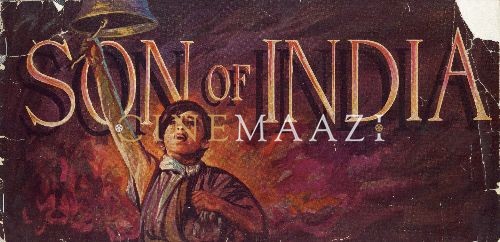
Son Of India 1962
-
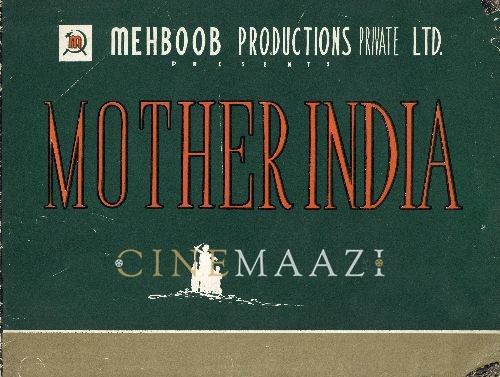
Mother India 1957
-
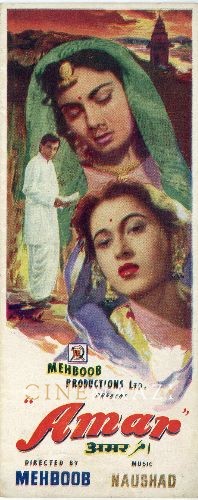
Amar 1954
-
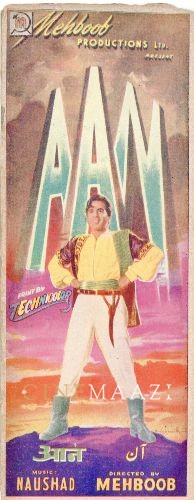
Mother India 1952
-
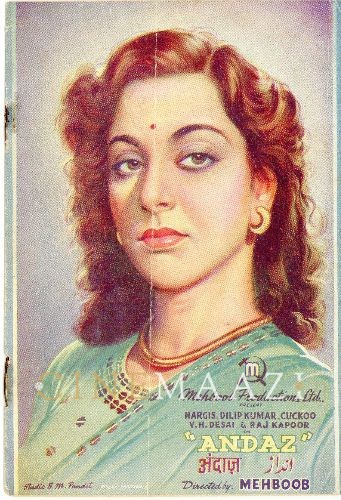
Andaz 1949
-
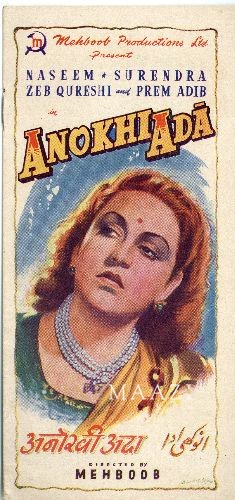
Anokhi Ada 1948
-
Elaan 1947
-
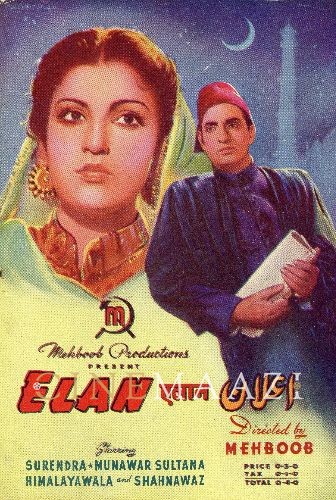
Elan 1947
-
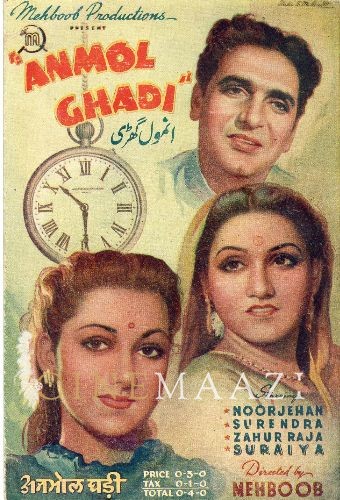
Anmol Ghadi 1946
-
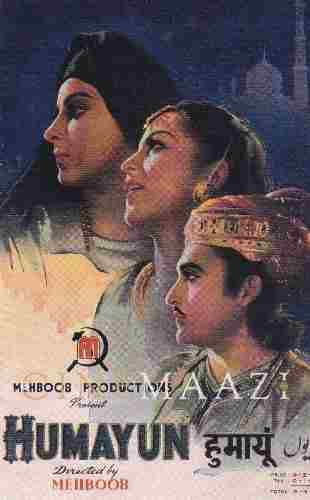
Humayun 1945
-
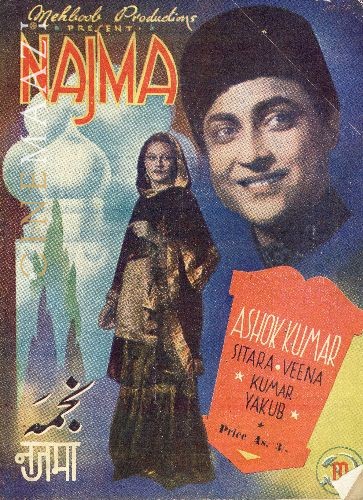
Najma 1943
-
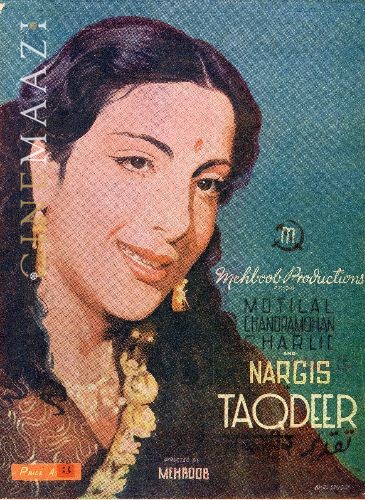
Taqdeer 1943
-




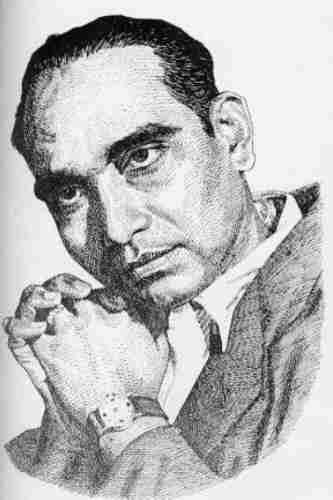
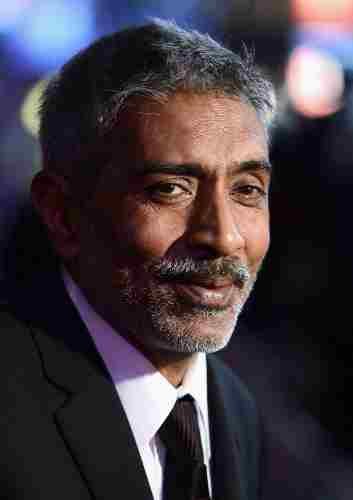
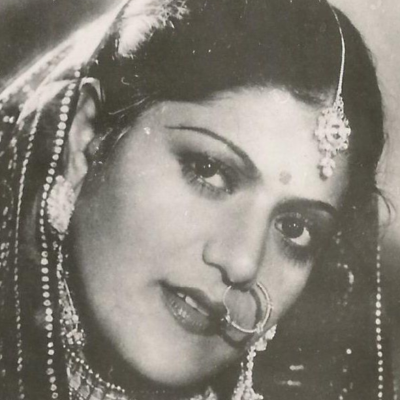


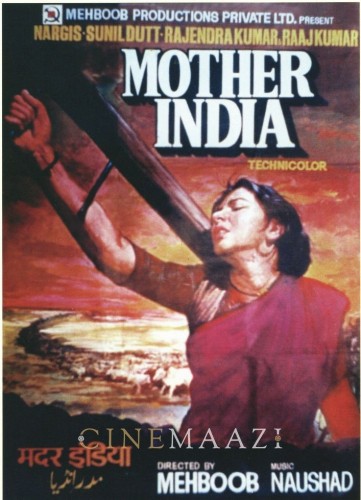
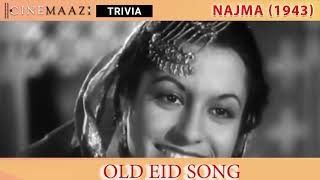

.jpg)



